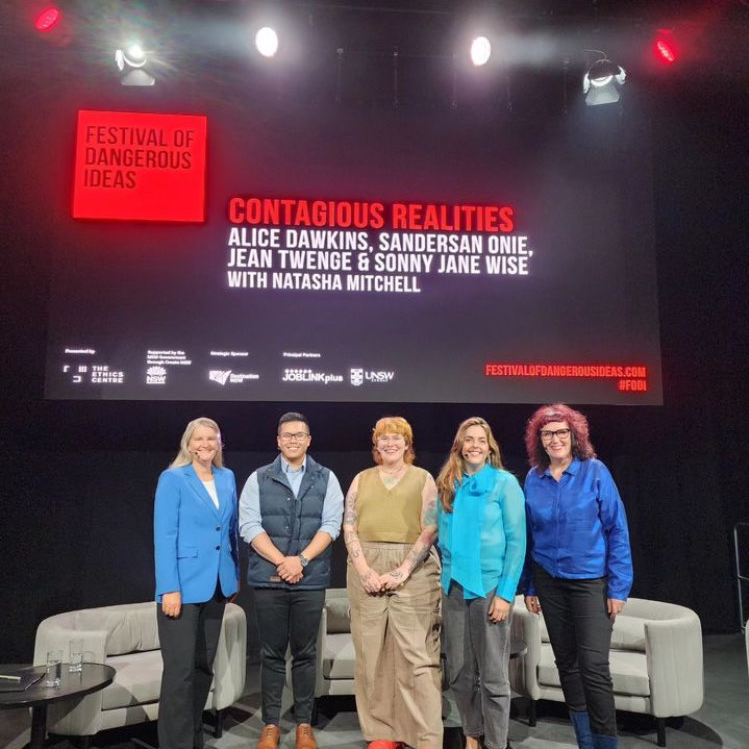Grant Program
Research Grants
Grantee Name
Reset Tech Australia
Grant Start Date
8 January 2024
Grant End Date
7 July 2025
Amount Funded
$219,000.00
City
Perth
Country
Australia
Region
Global
RESEARCH QUESTION
This research asks how young people’s expectations of privacy in the digital world can be better realized in policy, and by decision-makers in general. The research takes place in Antigua & Barbuda, Australia, Ghana and Slovenia.
The specific questions are:
(1) What are young people’s expectations of privacy when it comes to the use of EdTech products in schools? What would they like to see happen in their schools to improve privacy? How can their expectations be reinforced by policy-makers and regulators?
(2) What are young people’s expectations of privacy when it comes to targeting? What would they like to see happen when it comes to targeting to improve their privacy? How can their expectations be reinforced by policy-makers and regulators?
(3) Do their expectations across these two different case studies—EdTech & targeting—provide greater insight about how young people’s expectations might be met when it comes to privacy overall?
(4) What is the appetite from policy makers, regulators and technologists to embrace young people’s perspectives? What and where are the barriers for youth engagement?
WHY IS THIS RESEARCH IMPORTANT?
The initial phase of the research revealed a strong interest from regulators and policy-makers in incorporating young people’s perspectives into privacy policies. The phase 2 of the research aims to create more effective and youth-centered privacy policies, by connecting young people with decision-makers and ensuring their voices are heard.
METHODOLOGY
The research will adopt a design-based methodology, facilitating iterative development and improvements across the four sites. The core of this methodology involves participatory research projects with young people aged 11-18. These projects will include focus groups, supplemented by 1:1 interviews where necessary, and qualitative surveys. The aim is to develop research artifacts and thematically coded transcripts to capture young people’s perspectives. Additionally, the research will involve desk-based analysis of existing policies and practices related to EdTech and targeting in each site, to inform and shape the youth-centric discussions. Broader focus groups or workshops will be conducted to explore privacy and young people’s best interests, bringing together young people, decision-makers, and civil society. These sessions aim to amplify young people’s perspectives and uncover potential barriers or opportunities for advancing their privacy expectations. The flexible, child-centric approach ensures that young participants can shape the research methods and outputs according to their interests and capabilities.

